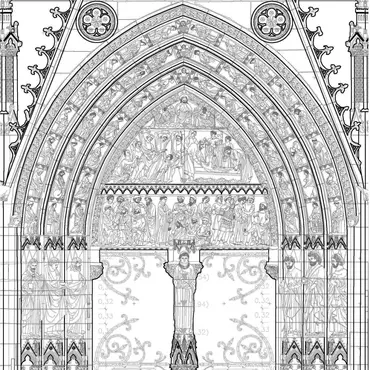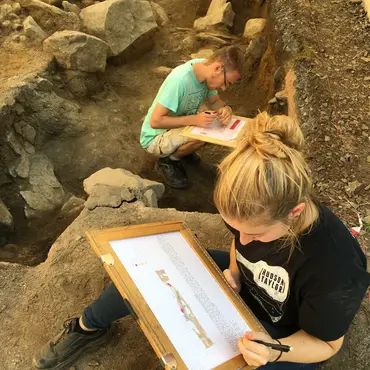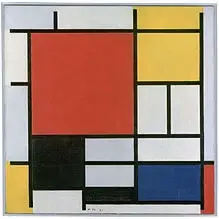Institute for Archaeology, Heritage Conservation Studies and Art History (IADK)

- Chair in Heritage Conservation
- Chair in Digital Technologies in Heritage Conservation
- Professorship in Building Archaeology and Building History
- Professorship in Materials and Preservation Science
- Professorship in Forensic Preservation Science of Organic Polymers
- Professorship in Preventive conservation in the preservation of historical monuments
- Dendrochronological Laboratory
The Institute for Archaeology, Heritage Conservation Studies and Art History (IADK) brings together eight fields of study concerned with material culture, historic monuments and works of art from prehistory to the present. Together they cover an extremely broad spectrum both chronologically and in terms of content and methodology, and thus offer ideal conditions for the development of interdisciplinary approaches to problems in cultural history and heritage conservation. The fields represented in the IADK explore topics in the humanities and cultural sciences through a focus on material artefacts, which are used to generate new insights into the lives and cultures of the past. At the same time, a prominent role is given to problem-oriented theoretical discourses in the artistic and cultural sciences.
A distinguishing feature of the Institute is the special emphasis placed on practice-oriented approaches in research and teaching. These are accompanied by a thorough grounding and training in academic theory and method. The marriage of theoretical knowledge with practical application stands at the centre of the Institute's commitment to interdisciplinary cooperation in both instruction and research. Hands-on work in various forms, including excursions, internships and exercises using original objects, is therefore an important element of the study programme in Bamberg.
The wide variety of activities undertaken by the fields represented in the IADK are also directed at stimulating transfer and exchange with external organizations and agencies. These include longstanding cooperative arrangements with museums and academic institutions in Germany and abroad, as well as regular participation in excavations, exhibitions and restoration projects.
The research efforts of students and scholars are supported by a pool of cutting-edge technical equipment, including a tachymeter, specialized microscopes and a complete dendrochronological laboratory.


